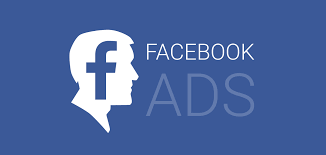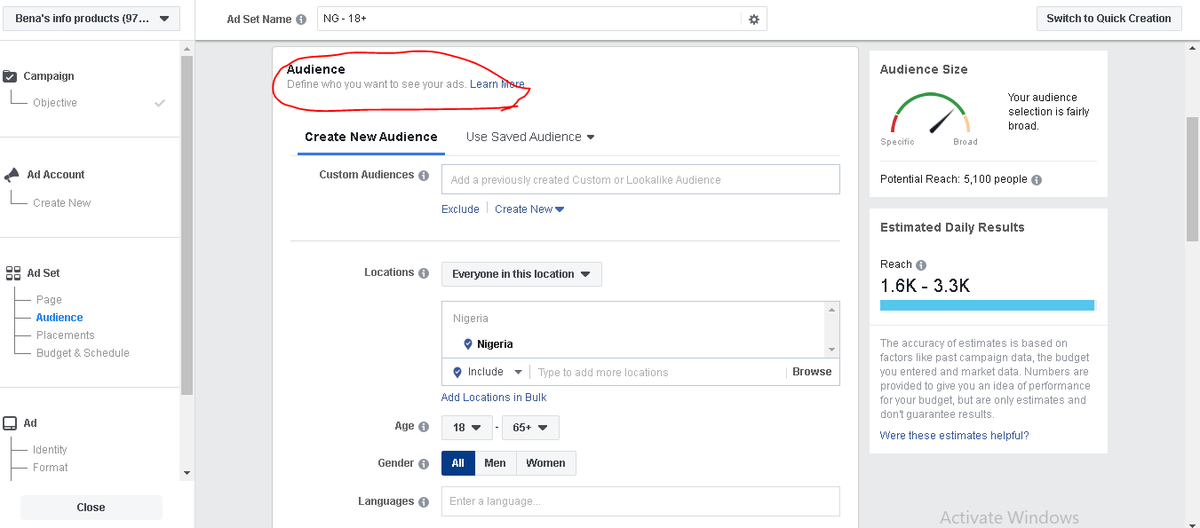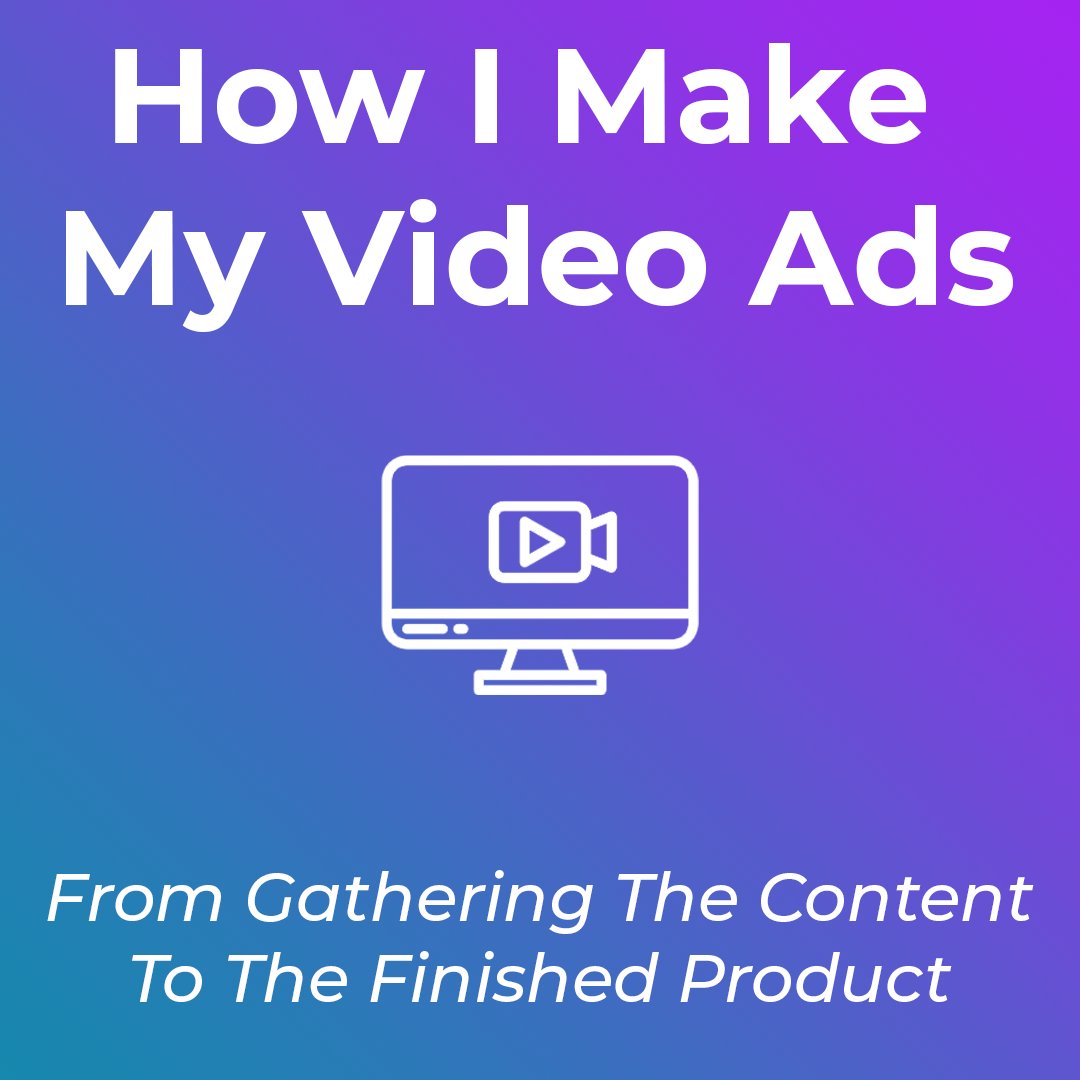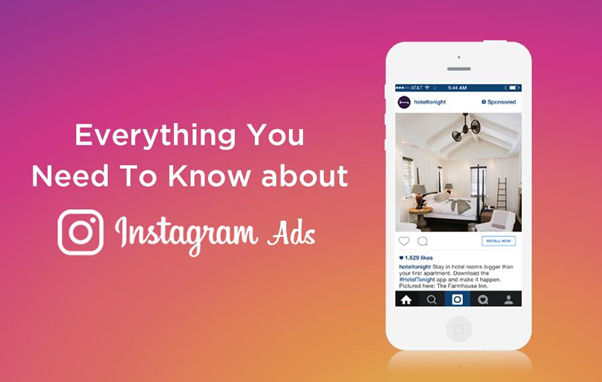3 tips on writing Facebook ad copy
Facebooks is a brilliant platform to jumpstart and scale your business, but there’s are limitations:
You should know how to write compliant copy that actually converts.
And that sometimes means forgetting about some of the "copywriting fundamentals" to be able to write ad copy that is Facebook-friendly. 😔

Hence, I will share 3 of my best tips on writing ad copy that Mr. Zuckerberg will actually like and if he does not like it, at least his algorithms and compliance team will like it which is what matters to us.
1. Avoid Claims With a Time-Frame
In my early days in the internet marketing world, I’ve learned a proven headline formula which saved the day for me so many times:
[Achieve a specific result] in [time]
Double your business in 30 days
Lose 5 kilos in 14 daysRead also : How To Create a Winning Facebook Ad .
The more advanced version of this headline formula was this:
[Achieve a specific result] in [time] without [obstacle[
Double your business in 30 days without spending a penny on ads
Lose 5 kilos in 14 days without spending hours in the gym
But here’s the thing:
This proven formula is a clear "no-no" if you’re writing ad copy for Facebook. Some people say Facebook doesn’t like numbers in the ad copy, but that’s not entirely true.
What they don’t like is claims with a time-frame -- even if they’re doable and believable. You CAN’T promise your audience to achieve a certain goal in a set period of time.
Read also : Targeting Your Ideal Buyers With Facebook Ads.
There are two ways to solve this:
Remove all the time-frames from your ad copy. ← This is the safest option
Make the claim a part of your story ← This has a higher chance of converting better than the no-claim version above, but you need to do it carefully.
Which leads to the second tips
2. Avoid "You" Language As Much As Possible
Another copywriting strategy that I learned early in my career was this:
"Don’t make your ads about you or your product, make it about your prospects".
That’s still the golden advice. ðŸ†
Yet, when it comes to Facebook Ads, you have to tone down the "you-based" language as much as possible. That’s because Facebook doesn’t like its users to feel like being spied on.
For example, when you write an ad that says "If you’re having problems with growing your email list."
Some Facebook users might go: "How do they know I have an email list in the first place? I was talking about my struggles with growing my email list with a friend. Do they listen to me through my phone?"
To prevent this confusion, Facebook picks the safest route and asks advertisers to avoid calling out people in their ads.
So when you write an ad that’s heavy on the "you" languageOr when you write copy that follows the proven PAS (Problem-Agitate-Solution) formula. Facebook usually doesn’t like that because it feels too intimate.
It feels like reading the mind of your audience or taking a peek at their everyday problems -- which is normally a sign that you’re writing copy with empathy or you’re doing excellent work researching your market -- but it’s another big "no-no" for Facebook ads.
So how do you tackle this problem?
I have 2 solutions:
1. Instead of talking about your target market’s problems in the second person, talk about your story in the first person. In other words, tell your own story using the "I" or "we" language.
Read also : How to make video ads.
2. Instead of writing to one person (in the second-person "you" language) talk to a specific market or a group of people.
The first solution is self-explanatory, but here’s an example for the second one:
Let’s imagine this is your opening sentence:
⌠If you’re struggling with growing your email list, I recommend you to do this:
This sentence above could be re-written like this:
âœ”ï¸ For anyone struggling with growing their email list, I have a suggestion:
Or like this:
âœ”ï¸ Here’s my solution for internet marketers struggling to grow their email list…
While the first version is probably the best one -- it instantly talks to your target market -- it’s NOT Facebook-friendly.That's why I use creative language to share the same message without heavily relying on the "you" language.
When In Doubt, Check Facebook Guidelines
My 3rd tip is an overlooked one among online advertisers, but it’s critical: If you’re in doubt, check Facebook’s official guidelines:
Advertising Policies
👆 This link above lists all the rules and policies you need to know about running compliant ads of Facebook. I highly recommend you to check the "prohibited content" and "restricted content" sections. In particular, those 4 sub-sections are a must-read by anyone even remotely planning to run ads on Facebook:
1. Personal attributes
2. Non-functional landing page
3. Multi-level marketing
4. Circumventing systems
And also remember to check all other sections that might be relevant to your niche or business model.
Sense this article is getting too long?
Read also : 9 things you need to know before running a Facebook Ad.
Well following these 3 tips will solve 80-90% of your compliance problems with Facebook Ads.So remember to utilize them the next time you start to run a new ads campaign for your business because ads is a key factor to any business growth.
Author : Kekeocha Justin






